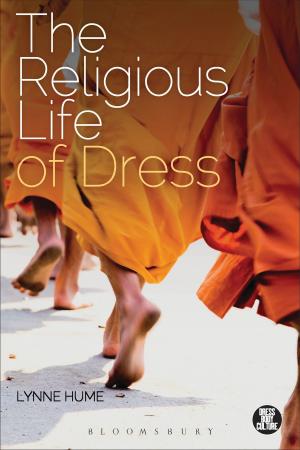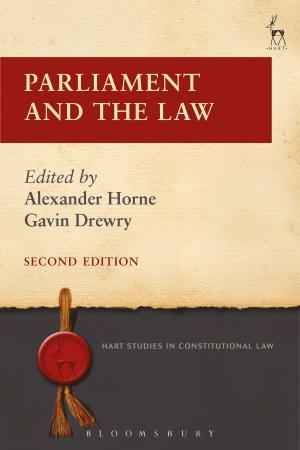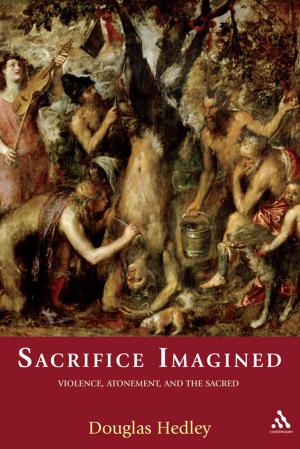| Author: | Dr Helen L. Parish | ISBN: | 9781786724700 |
| Publisher: | Bloomsbury Publishing | Publication: | August 30, 2018 |
| Imprint: | I.B. Tauris | Language: | English |
| Author: | Dr Helen L. Parish |
| ISBN: | 9781786724700 |
| Publisher: | Bloomsbury Publishing |
| Publication: | August 30, 2018 |
| Imprint: | I.B. Tauris |
| Language: | English |
When, in October 1517, Martin Luther pinned his Ninety-Five Theses to the door of All Saints' Church in Wittenberg he shattered the foundations of western Christendom. The Reformation of doctrine and practice that followed Luther's seismic action, and protest against the sale of indulgences, fragmented the Church and overturned previously accepted certainties and priorities. But it did more, challenging the relationship between spiritual and secular authority, perceptions of the supernatural, the interpretation of the past, the role of women in society and church, and clerical attitudes towards marriage and sex. Drawing on the most recent historiography, Helen L Parish locates the Protestant Reformation in its many cultural, social and political contexts. She assesses the Reformers' impact on art and architecture; on notions of authority, scripture and tradition; and - reflecting on the extent to which the printing press helped spread Reformation ideas - on oral, print and written culture.
When, in October 1517, Martin Luther pinned his Ninety-Five Theses to the door of All Saints' Church in Wittenberg he shattered the foundations of western Christendom. The Reformation of doctrine and practice that followed Luther's seismic action, and protest against the sale of indulgences, fragmented the Church and overturned previously accepted certainties and priorities. But it did more, challenging the relationship between spiritual and secular authority, perceptions of the supernatural, the interpretation of the past, the role of women in society and church, and clerical attitudes towards marriage and sex. Drawing on the most recent historiography, Helen L Parish locates the Protestant Reformation in its many cultural, social and political contexts. She assesses the Reformers' impact on art and architecture; on notions of authority, scripture and tradition; and - reflecting on the extent to which the printing press helped spread Reformation ideas - on oral, print and written culture.















